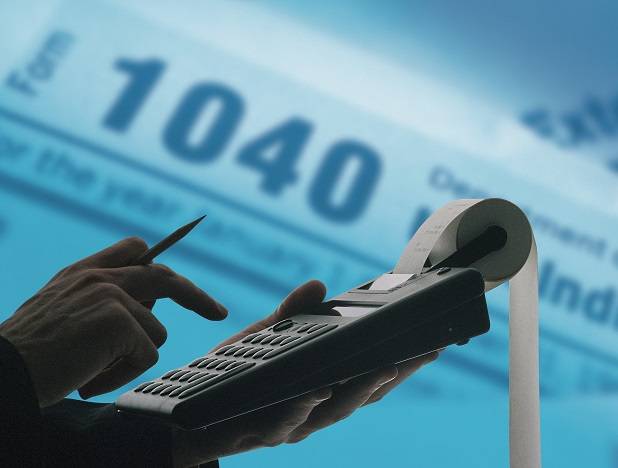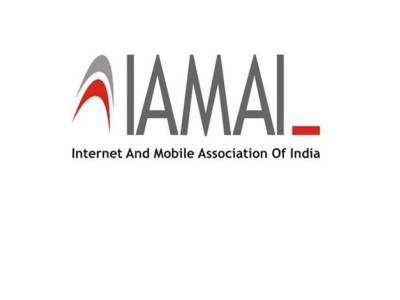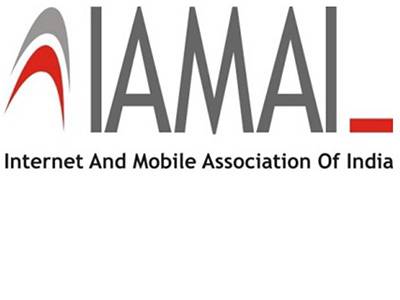Google tax: High growth digital sector to offset price rise: Industry experts
In the fiscal Budget 2016-17, presented on February 29, 2016, Finance Minister Arun Jaitley proposed to introduce ‘Equalisation Levy’ as a self-contained code to tax digital e-commerce transactions under Chapter VIII.
The Finance Minister in his Budget speech stated that the Equalisation Levy was aimed at taxing Business to Business (B2B) e-commerce transactions. Therefore, the scope of the levy may be expanded to cover a larger gamut of digital goods and services as the time progresses.
Under the BEPS Action Plan 1, the OECD had amongst the others, considered Equalisation Levy as one of the modes of taxing digital transactions, although, the report did not finally recommend such a levy. India’s action on BEPS agenda relating to digital economy was eagerly awaited as India had played a significant role in incorporating various tax options in the Action Plan.
The Equalisation Levy has been defined as “Tax leviable on consideration received or receivable for any specified service under the provisions of this chapter”.
The levy would be under a separate self-contained code and is not part of the income-tax law.
The Equalisation Levy would be applicable at 6 per cent on gross consideration payable for a ‘Specified Service’. The levy is currently applicable only on B2B transactions, if the aggregate value of consideration in a year exceeds approx $1,500.
Specified service includes online advertisement, any provision for digital advertising space or facilities/ service for the purpose of online advertisement, and any other service which may be notified later.
Commenting on the Equalisation Levy, Ashish Bhasin, Chairman & CEO South Asia, Dentsu Aegis Network and Chairman, Posterscope & MKTG - Asia Pacific, said, “This is almost like a global phenomenon now because there is a general feeling that many large Internet-based companies are not being taxed in any country or are evading taxes by setting up companies in tax havens. So there seems to be a trend globally, not just in India, to try and tax them. To an extent I think it is in continuation with that and of course, the Government is going to try to maximise its strategies with it.”
He foresees two impacts. “One is that perhaps these companies will have to change the way they work because at the moment a lot of them are offshored at places where they claim that taxes are not leviable. Now, the benefit of that may be negated through this levy. The second thing is that it will impact their profitability and eventually drive up the cost of accessing Internet for advertisers and may have a detrimental impact on the overall digital spends and digital advertising. However, the entire digital ecosystem is growing at such a rapid pace that the growth might make up for that,” Bhasin opined.
For Zafar Rais, CEO, MindShift Interactive, the latest move doesn’t come as a surprise at a time when online advertising is exploding in the Indian market. He remarked, “This shift will lead to a large impact on business done, especially with platforms such as Google, Facebook, Yahoo, since they earn huge ad revenues from business entities in India. The 6 per cent, however, eats into the media budgets that marketers allocate to increase outreach for their business, directly impacting their overall budgets. Start-ups or smaller businesses are more inclined towards online advertising platforms as a means towards reaching out to their audiences in a cost-effective manner, and a charge of this sort certainly will reduce their budgets especially since every penny matters to them.”
Sanjay Tripathy, Senior Executive Vice President - Head Marketing, Product, Analytics, Digital & E-Commerce, HDFC Life, too, felt that this latest move of 6 per cent equalisation levy was not surprising since online advertising is booming in the Indian market. “It is a way of indirectly taxing platforms like Google, Facebook, Twitter, LinkedIn, etc.,” he added.
According to him, “The ‘equalisation’ happens because the Government is supposedly levelling the playing field and making companies such as Google and Facebook pay for the money they make from local advertisers. The payer for these services is required to deduct 6 per cent prior to making the payment. The levy will increase the cost of digital advertising by 6 per cent.”
“But it is unlikely to impact digital advertising spend of the advertisers as they are convinced of the growing benefit of digital. May be a bit of restructuring of the Budget will happen at the planning level. It will eat into overall media budget,” he added.
Tripathy felt that since there was no way to directly tax the foreign players, this was a smart move by the Government to indirectly dip into their share of earnings made by these players from India. “It will come in the way of businesses that act as intermediaries brokering the sale of advertising on Facebook and Google, since they have already been paying a domestic tax and will be liable to pay more,” he added.
Vivek Bhargava, CEO, iProspect India, “Of what I understood, this would be for players who don’t have an established company in India – rather than for companies who have established companies in India. Digital delivers so much value that the price going up by 6 per cent will not affect it much, most likely people will shift even this budget from their conventional media budgets.”
In a report released, consultancy firm EY, stated, “This is the first significant step taken by India in respect of taxing digital economy transactions.”
An IAMAI spokesperson remarked, “We are looking into the impact with our member companies, prima facie looks like an imposition on overseas companies.”

















Share
Facebook
YouTube
Tweet
Twitter
LinkedIn